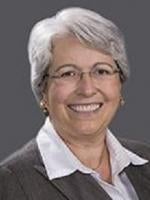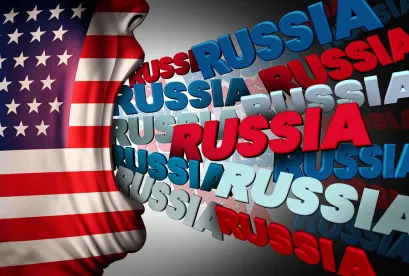On August 21, 2017, the U.S. Embassy in Russia announced that it would suspend the issuance of nonimmigrant visas for eight days starting on August 23, in response to the recent Russian decision to reduce U.S. diplomatic staff. Nonimmigrant visas allow foreign nationals to enter the United States for a temporary stay, not involving permanent residence, and include tourist and common work visas issued to employees coming to work in the United States. Examples of nonimmigrant work visas that will be affected are H-1B, L-1, or E visas for skilled workers, intracompany transferees, and investors. Nonimmigrant visa interviews will resume on September 1, 2017, at the embassy in Moscow only. Nonimmigrant visa interviews in St. Petersburg, Yekaterinburg, and Vladivostok are suspended until further notice.
The decision to suspend visa issuance was made after the Russian government imposed a personnel cap on U.S. embassy and consulate employees last month, ordering a reduction of 755 employees, which amounts to approximately two-thirds of their staff. That move by the Russian government, in turn, came in retaliation for sanctions the U.S. Congress approved against Russia last month for Russia’s alleged interference in the 2016 U.S. presidential elections.
Employers should expect visa wait times to grow from two months to five months or more. Currently all nonimmigrant visa appointments must be made in Moscow. Foreign nationals who have visa appointments can expect current appointments to be cancelled and could need to be rescheduled in Moscow or another country accepting jurisdiction over Russian nationals, depending on availability. The U.S. Embassy cannot refund visa processing fees, nor can it transfer collected fees to a consulate outside Russia. Visa fees are valid for one year, but to schedule a new appointment outside Russia, applicants must begin a new application and pay the applicable fee again. To accommodate student travel, the embassy in Moscow plans to offer a block of student visa appointments in early September 2017, and, though this is a benefit to students, it further limits appointments in other categories.
Employers should note that in general, following recent guidance stemming from President Trump’s Buy American and Hire American executive order, work visas have become more difficult to obtain at consulates worldwide. The policy emerging from that executive order urges consulates to protect the U.S. workforce by rigorously vetting visa applications. Employees applying for visas in Russia and elsewhere should generally expect additional delays in obtaining appointments and approvals and an increased likelihood of denials. Clearly, this will further impact consular processing times in Russia.





 />i
/>i
